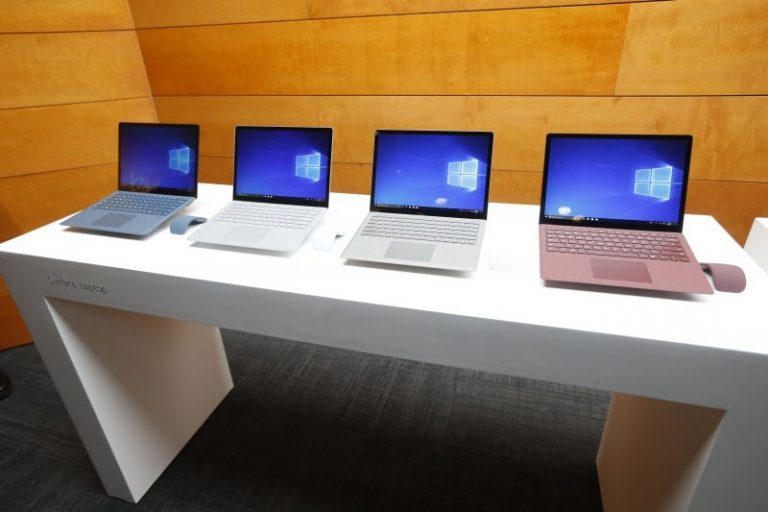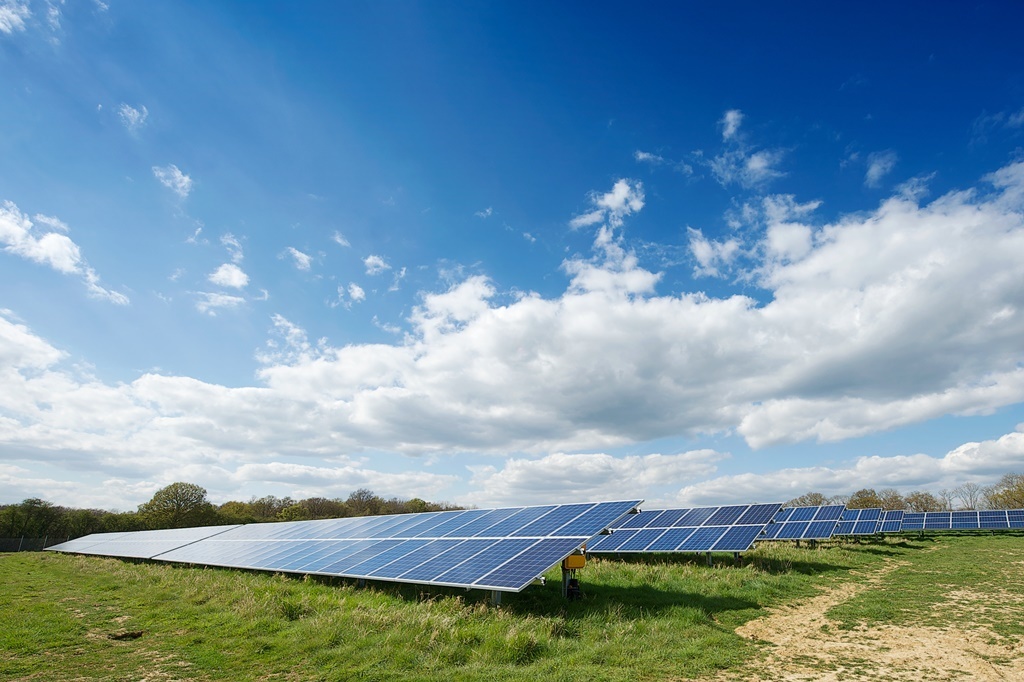
Microsoft has announced its second European wind project in the Netherlands with Vattenfall, one of Europe’s largest electricity and heat retail and producers.
The computer software giant will purchase 100% of the wind energy generated from a repowered and expanded wind farm that is adjacent to its local datacenter operations in the Netherlands.
The 180-megawatt wind farm will be constructed and operated by Nuon, part of Vattenfall in the Wieringermeer Polder, near Amsterdam.
Vattenfall will begin construction of the expansion in 2018, and expects it to be operational effective 2019.
Once completed, the Wieringermeer wind farm will be one of the largest onshore wind farms in the Netherlands, almost three times bigger than the Princess Alexia wind farm inaugurated in 2013.
“We are very glad and proud to be able to support Microsoft’s transition toward using fossil-free energy in its datacenter operations,” said Magnus Hall, president and chief executive of Vattenfall.
“This deal is completely in line with our strategy to help all our customers power their lives in ever smarter ways and free from fossil fuel within one generation.”
This wind farm will be located adjacent to Microsoft’s Netherlands datacenter operations that serves as a regional hub to deliver Microsoft Cloud services to customers across Europe, the Middle East, and Africa, as well as global customers.
With the latest expansion completed in 2015, the datacenter is a technologically advanced facility built to reduce water, power and energy use.
The proximity of the wind farm to Microsoft’s datacenters in the Netherlands will allow the energy generated from these turbines to directly power the datacenter with local, clean wind energy. Matching production and consumption of renewable energy so closely unlocks great transmission efficiencies.
“Investing in local clean energy to power our local datacenter is a win-win for our business and the Netherlands,” said Brian Janous, general manager of energy at Microsoft.
“Microsoft is committed to bringing new renewable energy sources online to power our datacenters. By focusing on local projects, we’re able to create new economic opportunities, reduce carbon emissions and make progress on our global commitment to increase the amount of clean energy used to power the Microsoft Cloud.”
Recommended for you
